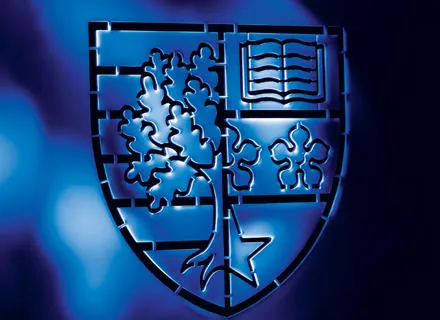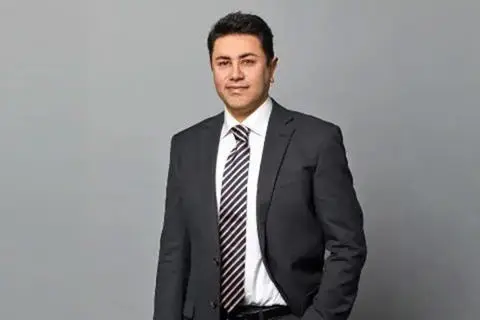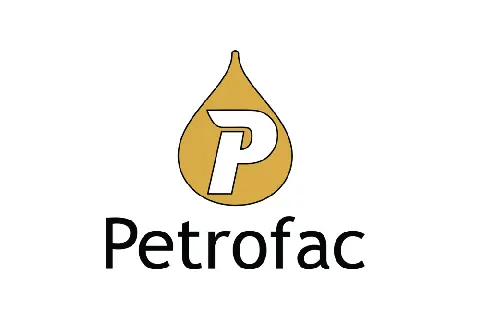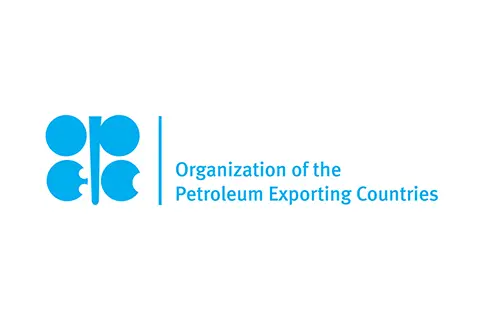Key information
Advance your career in petroleum engineering with the flexibility to learn online, at your own pace. Build the expertise to manage energy resources responsibly and lead innovation in a changing global industry.
- Level
- Postgraduate
- Delivery type
- Self-paced
- Degree qualification
- MSc
- Location
- Online
- Duration
- Flexible
- Start date
- January, May, September
Programme overview
Advance your career in petroleum engineering with a flexible online MSc from a globally ranked university for petroleum engineering and subsurface energy systems.
2nd in UK
Ranked 15th globally and 2nd in the UK for Petroleum Engineering (QS World University Rankings by Subject 2025).
Experts
Gain insights from Heriot-Watt’s Institute of GeoEnergy Engineering - a world leader in petroleum and subsurface energy education and research.
Flexible
Complete your MSc fully online and in as little as two and a half years or pace your learning around your career and life.
Petroleum engineering is central to the safe, efficient, and sustainable development of oil and gas assets to meet global energy and resource demands, while supporting the transition to net zero. Skilled engineers are needed to manage existing resources responsibly, develop cleaner extraction technologies, and drive innovation in energy production.
Heriot-Watt University is internationally recognised for petroleum engineering education and research and is ranked 15th in the world and 2nd in the UK for Petroleum Engineering (QS World University Rankings by Subject 2025). The online MSc Petroleum Engineering combines applied technical knowledge, research expertise, and industry engagement to develop highly skilled professionals prepared to tackle the sector’s most pressing challenges.
By studying this MSc Petroleum Engineering, you will:
- Build a strong foundation in essential petroleum engineering concepts through core courses such as Reservoir Engineering and Drilling Engineering.
- Gain practical experience using real-world data, integrating technical, economic, and environmental considerations into your solutions.
- Specialise through an individual research project in areas such as enhanced oil recovery or production chemistry.
- Learn from globally recognised experts with decades of experience and strong industry links.
- Study flexibly and balance your learning with professional commitments.
Start with just one course
We’ve made it simpler than ever for you to start your MSc. With performance-based admission, you only need to pay for and then pass your first course in Stage One to join the programme. No barriers. Get started today.
Enrol nowStudent experience
Heriot-Watt University is ranked 15th in the world and 2nd in the UK for Petroleum Engineering (QS World University Rankings by Subject 2025).
Our Institute of GeoEnergy Engineering has delivered world-class teaching and research for over 40 years, with thousands of graduates now shaping the global energy industry. An industry advisory board ensures our curriculum remains relevant to current challenges and future innovations.
You’ll learn from leading experts such as Dr Karl Dunbar Stephen, Senior Programme Director, whose research focuses on the UN Sustainable Development Goals and advanced petroleum systems. Our strong industry partnerships and applied research create a learning experience rooted in real-world relevance.
Course content
During this MSc, you’ll complete eight courses and two projects – one team-based and one individual – totalling 180 credits. Students must complete and pass Reservoir Engineering and Drilling Engineering before progressing to the remaining taught courses and projects.
Core courses
- Drilling Engineering
- Formation Evaluation
- Geoscience with Integrated Data Science
- Reservoir Engineering
- Petroleum Economics
- Production Technology
- Reservoir Simulation
- Reservoir Engineering - Well Test Analysis
- Field Development Project
- Individual Project
Study at your own pace
Our flexible online model allows you to study wherever you are in the world, while continuing to work and apply new knowledge in your role. Complete your MSc in as little as 2 and a half years or spread your studies over a longer period to suit your commitments.
Apply nowProgramme video
Studying an Online MSc Petroleum Engineering Degree at Heriot-Watt University
Heriot-Watt graduates, James Firth and Anastasia Bird, talks about their experience of studying a MSc Petroleum Engineering Engineering degree online.
Our teaching faculty

Fees and funding
Tuition is available on a pay-per-course basis.
| Per course | Dissertation | Full programme |
| £1,395 | £1,295 | £13,750 |
The tuition fees listed are applicable for 2026. Fees include one assessment attempt and can increase annually. Find out more about our tuition fees.
Funding opportunities
Pay Per Course
All our programmes offer the flexibility to pay course-by-course, allowing you to spread the cost of your tuition over the lifetime of your studies.
20% Alumni Discount
If you are a Heriot-Watt alumnus, you qualify for 20% off your programme fees. For more information on how to claim your alumni discount contact hwonlineapps@hw.ac.uk.
Employer Sponsorship
All our programmes offer the flexibility to pay course-by-course, allowing you to spread the cost of your tuition over the lifetime of your studies.
We're here to support you
If you have questions or need help with enrolment, complete our quick enquiry form and an Enrolment Advisor will be in touch.
Contact usEntry requirements
We have standard entry requirements for all of our courses that you will have to meet.
We welcome applicants who hold a relevant undergraduate degree (minimum 2:2 or equivalent). Professional experience in petroleum or energy-related industries may also be considered. A performance-based admissions route may be available for applicants demonstrating relevant experience.
Additional entry routes
Recognition of prior learning (RPL)
We are committed to providing study opportunities to applicants who have a wide range of prior experiences and recognise that some students entering our online programme will have completed prior academic study in subjects that align closely to this programme. Where this is the case, students may apply for Recognition of Prior Learning (RPL).
- Applying for RPL: We can only consider requests for RPL at the time of application to a course of study.
- Maximum credits: You may be eligible to be granted exemption for a maximum of 20 credits.
- Eligibility: The qualification may be valid for RPL only if gained with the last 5 years. Evidence will need to be provided.
- Cost breakdown: The overall cost of your programme will be determined by whether you are awarded RPL for a 20-credit course, in which case you will not be required to register for that course. Programme fees can be found under the fees and funding section.
For more information contact hwonlineapps@hw.ac.uk.
Requirements
Mathematical
- Applicants will need good mathematical ability to succeed on their programmes. Students should have experience in university level mathematics of the sort commonly encountered on engineering degrees (e.g. a pass, or passes, in previous university level maths-based courses/modules) and be confident in further development of these skills.
English language requirements
If your first language is not English, or your first degree was not taught in English, we'll need to see evidence of your English language ability.
The minimum English language requirement for entry to this programme is IELTS 6.0 (or equivalent) with no score lower than 5.5.
If you do not have IELTS 6.0, we offer a range of English language courses to help you meet the English language requirement for this programme prior to commencing your studies.
Why Heriot-Watt
We're the top university in Scotland for graduate outcomes and 5th in the UK, which means that more of our graduates are employed or in postgraduate education than any other institution in the country. We're also ranked 1st in Scotland for producing CEO and MDs (Novuna Business Cash Flow 2023).
We're Scotland's most international University, with five global campuses and a global community of 60,000 online students and alumni from over 158 countries. Our online programmes are designed and developed by the same faculty who teach on our global campuses - expert academics and leaders in research and innovation who work alongside industry to find solutions to some of the world's most pressing challenges.
Together, we shape your future.
2nd in UK
Ranked 15th globally and 2nd in the UK for Petroleum Engineering (QS World University Rankings by Subject 2025).
12th in UK
12th in the UK for graduate salaries (Daily Mail University League Table 2025)
22nd in UK
for industry (The Times and Sunday Times Good University Guide 2026)
Employability
With our flexible model you can earn while you learn, build your CV, and apply new skills right away. Get free access to 500+ industry credentials and dedicated Careers Service support.
Your Online experience
Explore Heriot-Watt Online as a student
Speak to an advisor
Considering the MSc Civil Engineering and Construction Management and want to understand how it could work for you? Our Enrolment Advisors can talk you through entry routes, course choices, time commitment and funding options.
Book a call













